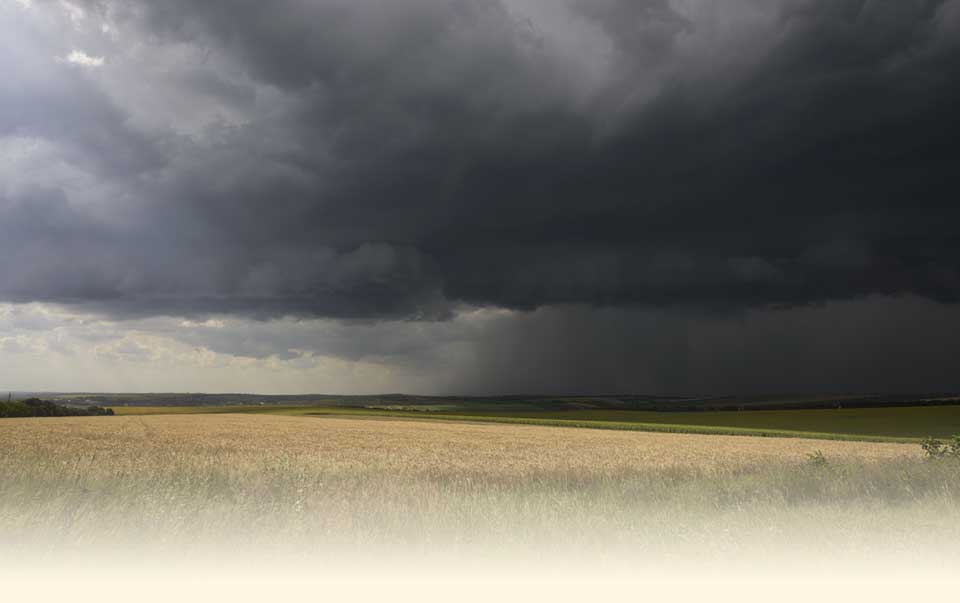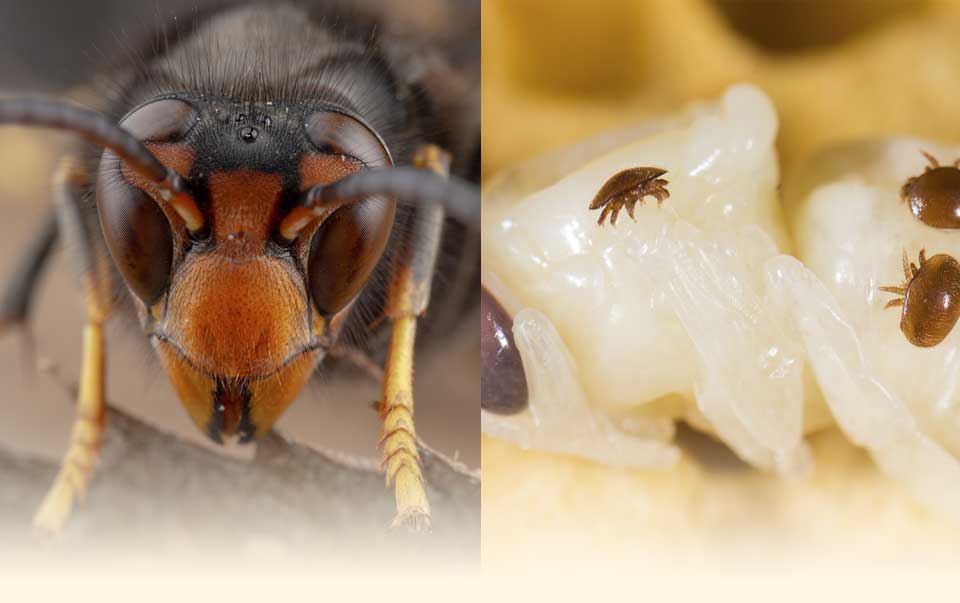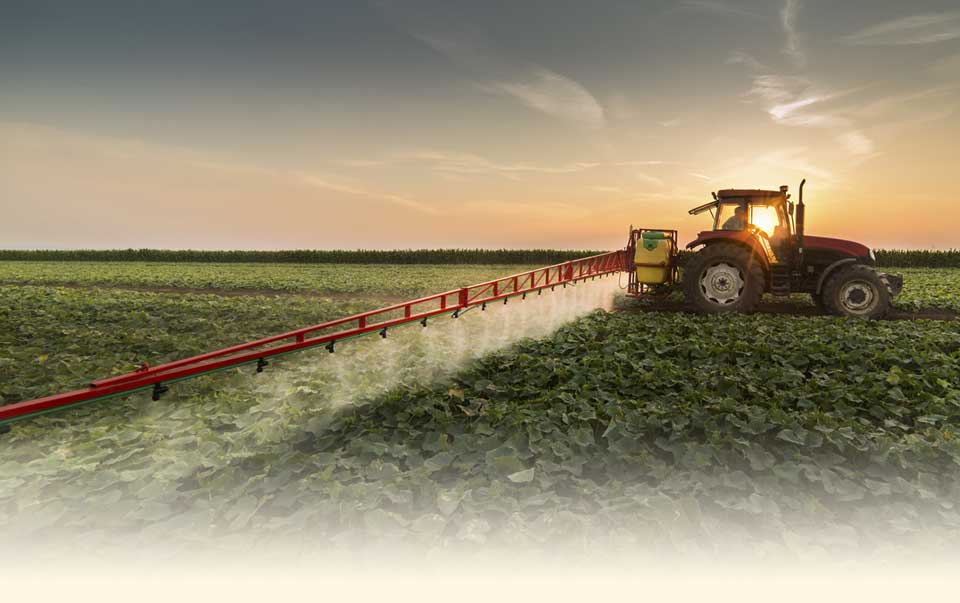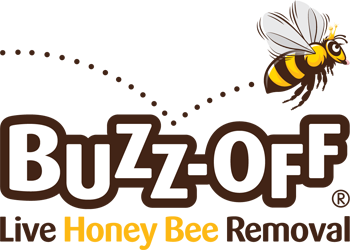-
 In the past 100 years, the UK
In the past 100 years, the UK
has lost 13 species of bee
and 35 species are endangered
Threats to UK Honey Bees
Bee numbers are falling across the UK and around the world and although there appears to be no single cause for their decline, there are several factors to consider which are likely to have an impact on their population:

Habitat loss
Changes to land use such as urban development and intensive farming have caused significant loss of suitable habitats for bees and other pollinators. Bees need plenty of flowers to forage as well as safe places (soil, hedges) for nesting. With more land given over to housing, businesses and farming, there is less space available for our natural ecosystem to develop and provide a suitable home for native pollinators.
Did you know: Since the Second World War, we’ve lost 97% of our wild flower meadows in the UK.

Extreme weather and climate change
As our winters become warmer and wetter, some wildlife may find itself in the wrong place at the wrong time. Scientists now believe that climate change may be disrupting bee nesting behaviour and their emergence after hibernation in Spring.
Seasonal changes can also affect the timing of the flowering of plants that bees rely on for their food. For example, apple trees could be in blossom when bees are inactive, which would mean less food for the bees and the apple trees won’t get pollinated or produce fruit. This would then have a huge impact on food producers and supply chains across the UK.
Did you know: Three bumblebee species have become extinct in recent decades? The recent European Red List for Bees reports that almost one in ten species of wild bee face extinction.

Pests, diseases and invasive species
Bee keepers need to guard their honeybee colonies against parasitic mites and fungal diseases that can affect the health of the entire hive. Evidence shows that some honeybee diseases can even spread to wild bumblebees. Although some species of bee are not naturally found in the UK, they can become established here without causing any issues.
However, the Asian hornet which is native to China, has reached our shores in recent years and is highly disruptive because it destroys our native bees. The UK government is keen to stop this insect establishing and requests that suspected sightings are reported. (Since 2016, there have been a total of 17 confirmed sightings of the Asian hornet in England and nine nests have been destroyed).
Did you know: Since 2016, there have been a total of 17 confirmed sightings of the Asian hornet in England and nine nests have been destroyed.

Use of pesticides
Pesticides can have a negative affect on bees by reducing their breeding success and also their resistance to disease. Scientists have found that exposure to pesticides can impair honeybees’ ability to navigate, bumblebees’ ability to reproduce and solitary bees’ ability to reproduce any young at all.
Although designed to kill pests that we don’t want on plants and crops, the toxic nature and extensive use of pesticides results in chemicals affecting many of our insects. When a bee feeds on pollen or nectar containing neonicotinoids (a powerful insecticide), their central nervous system can be affected which alters their ability to feed, forage and reproduce.
New research has also shown an increase in pesticides being found beyond the farms where they are used. The application of herbicides in public places such as parks and roadside verges also reduces the presence of forage plants that bees need to provide food for them all year round.
How can we help you?
If you think you have a bee nest on your property that is causing problems, get in touch with Louise to arrange for a site visit and no-obligation quote:




